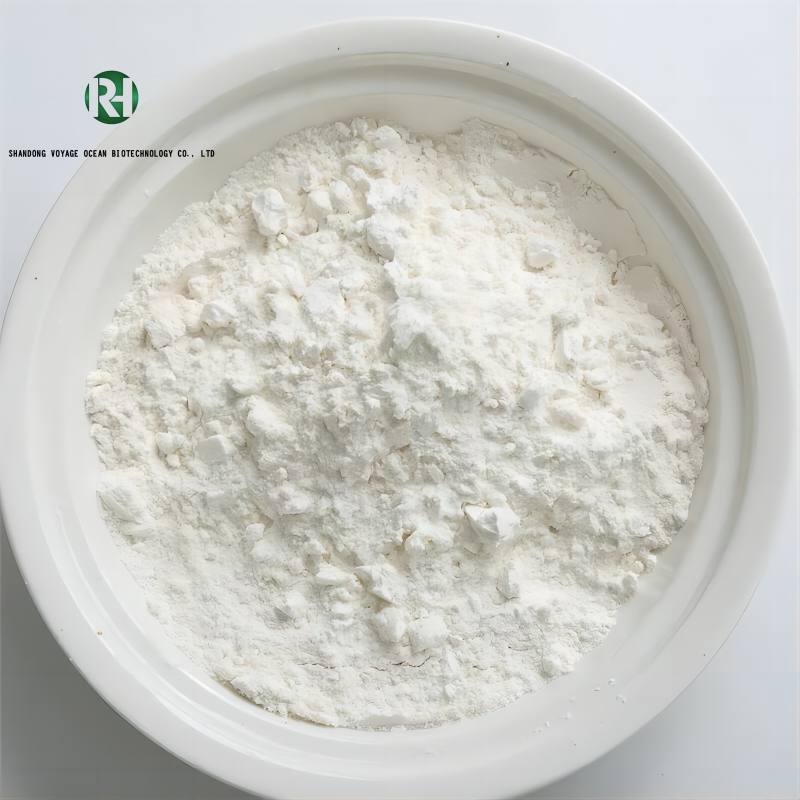-
Categories
-
Pharmaceutical Intermediates
-
Active Pharmaceutical Ingredients
-
Food Additives
- Industrial Coatings
- Agrochemicals
- Dyes and Pigments
- Surfactant
- Flavors and Fragrances
- Chemical Reagents
- Catalyst and Auxiliary
- Natural Products
- Inorganic Chemistry
-
Organic Chemistry
-
Biochemical Engineering
- Analytical Chemistry
- Cosmetic Ingredient
-
Pharmaceutical Intermediates
Promotion
ECHEMI Mall
Wholesale
Weekly Price
Exhibition
News
-
Trade Service
November 16, 2020 // -- In a recent study published in the international journal Cell Reports, scientists from Michigan State University and others identified a potential genetic target, or promising to help develop new therapies for endometriosis in women, which could help improve the health of women affected by severe endometriosis.
In this study, researchers focused on endometriosis in women with mutations in the ARID1A gene, which is directly associated with more aggressive and painful endometriosis, which, when mutated, forms so-called super-enhancers and causes cells normally arranged in the womb to form deep implants outside the uterus and cause severe pelvic pain;
Photo Source: Pixabay/CC0 Public Domain researcher Jake Reske says there are not many successful non-hormonal therapies for this form of endometriosis that have been used in clinical settings, and in laboratory studies, researchers have found that a drug appears to target the effects Super-enhancers block the spread of endometriosis as part of epigenetic therapy, which controls gene expression, and is far more effective than other current treatments, such as surgery, hormone therapy and pain control therapy.
Endometriosis, especially those associated with mutations in the ARID1A gene, tends to cause great pain to women and often leads to infertility; researcher Ronald Chandler says it can seriously affect a woman's quality of life, while endometriosis is not easy to treat and is resistant to hormone therapy;
The new drug targets a special protein called P300 in the cells that affects it, inhibiting the function of super enhancers and counteracting the effects of mutations in the ARID1A gene, while the same type of therapy can be used to treat other forms of endometriosis; Looking for other special drugs that can target the P300, researchers are now working together to sequence tissue samples from patients using a new generation of sequencing techniques to find more new targets and help develop more new treatments for endometriosis.
original source: Mike R. Wilson et al. ARID1A Mutations Promote P300-Dependent Endometrial through Super-Enhancer Hyperacety, Cell Reports (2020). DOI:10.1016/j.celrep.2020.108366







